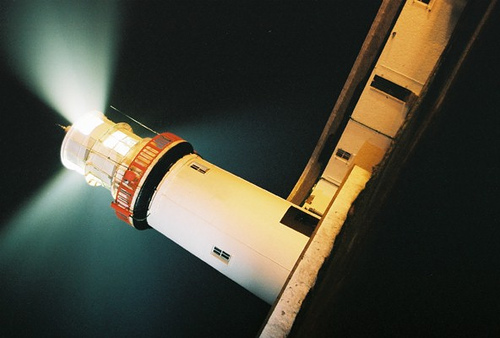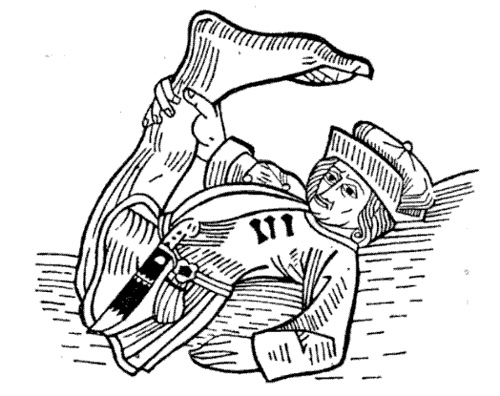
On Dec. 15, 1900, a passing steamer noticed that the lighthouse on Scotland’s Flannan Isles had gone dark. A relief crew, arriving on Dec. 26, found that the flagstaff was bare, the beds were unmade, the clock was stopped … and there was no trace of the three men who manned the lighthouse.
A chair had been overturned by the kitchen table, but otherwise there were signs of order. The lamps had been cleaned and refilled, the entrance gate and main door had been closed, and a set of oilskins were found inside, which was strange, considering the violent weather.
As they explored further, the relief crew discovered at the island’s west landing signs of damage that were “difficult to believe unless actually seen.” An iron railway was wrenched out of its concrete, a rock weighing more than a ton had been displaced, and turf had been ripped from a clifftop 200 feet above sea level. But the keepers had kept their log after this point.
What really happened? An investigation suggested that the three were swept away while trying to secure a box on the west landing. But no one really knows.





